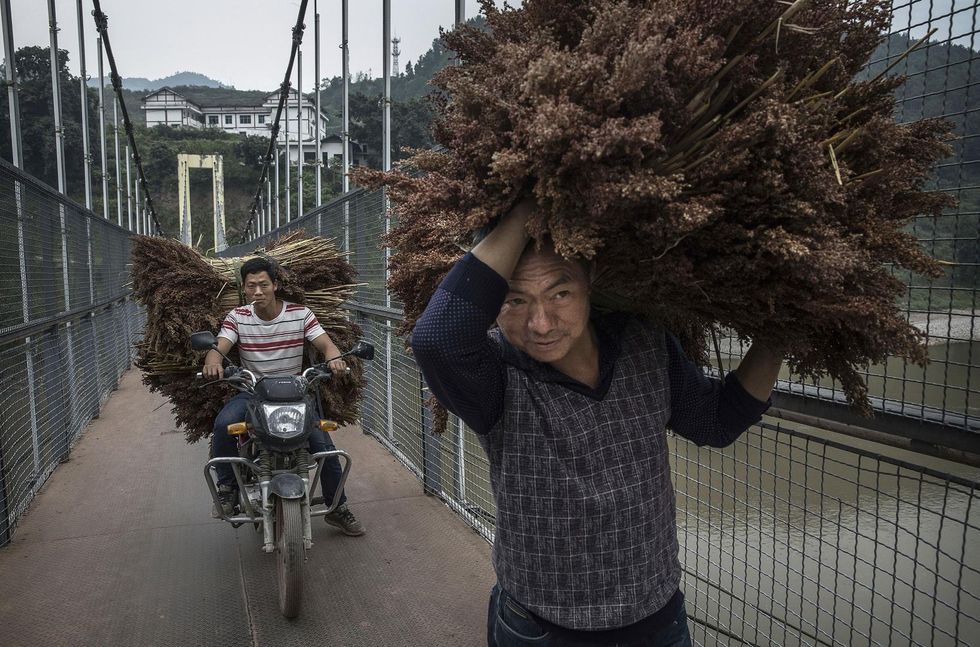After China imposed a 179 percent retaliatory tariff on imports of U.S. sorghum, the price for the product has dropped drastically and cargo ships carrying the product have turned around.
What is sorghum?
Sorghum is a cereal grain. In China, it is used as cattle feed, as a sweetener, and in a popular Chinese liquor called “baijiu.” China purchased around 77 percent of all American sorghum exports, adding up to roughly $1 billion annually. Most U.S. sorghum is produced in Southern states.
How badly has this hurt the U.S. sorghum industry?
Badly. And could be just getting started. When China announced the tariffs, the price of American sorghum dropped significantly. Now American companies need to find buyers for all the sorghum that they would have shipped to China, but Bloomberg reports that bids for sorghum from the Gulf of Mexico have all but disappeared.
Twenty ships carrying 1.2 million tons of American sorghum are already at sea, according to a report from Reuters. Now that the new Chinese tariffs are in place, they need to find somewhere else to go. After China announced Tuesday that the tariffs would go into effect the following day, at least five of these ships that were headed to China changed course. According to Reuters, it is not clear where these ships are now heading.
“There’s been very little trade,” Bloomberg quoted Bob Ludington from the grain-handling company Scoular Co. as saying. He added that “nobody is looking” to purchase the crop in the Gulf of Mexico anymore.
Why did China impose these tariffs?
On Wednesday, China slapped a 178.6 percent mandatory “deposit” on imports of sorghum from the United States. The U.S. and China have both threatened each other with escalating levels of tariffs on various products, but most of these have not taken effect yet like the one on sorghum has.
The deposit on sorghum is reportedly retaliation for U.S. tariffs on Chinese-made solar panels and washing machines, which were implemented in late 2017. In the past month, China has threatened to impose tariffs on more than 100 U.S. products, in retaliation for the Trump administration's global tariffs on the import of aluminum and steel to the United States.
This is not the only tariff hurting U.S. farmers
While China's tariff on sorghum has been negatively impacting U.S. farmers, so have tariffs that the U.S. has imposed on other countries. The Trump administration's 25 percent tariff on steel imports has caused the price of steel used by manufactures who make agricultural equipment to jump by 20 and, in some cases, even 40 percent. This extra cost has then been passed on to farmers.




